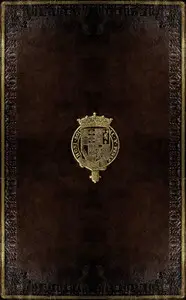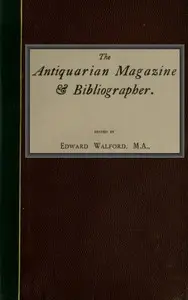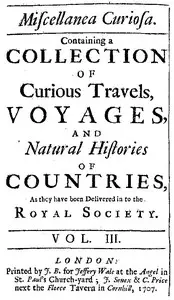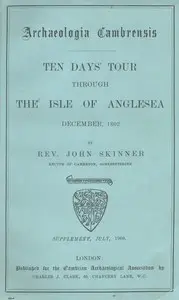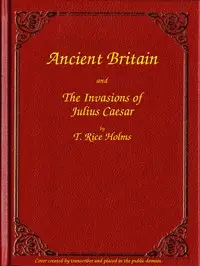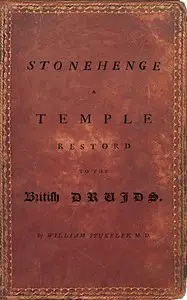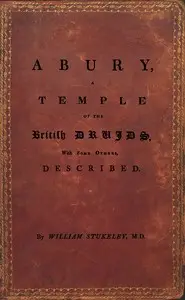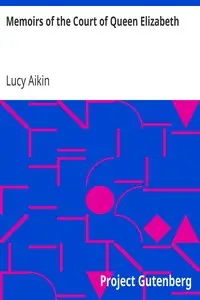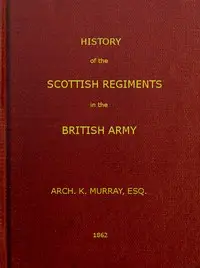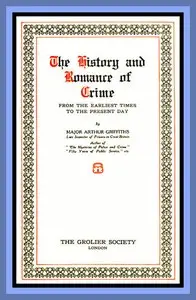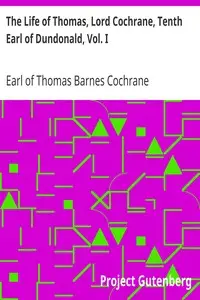"Itinerarium Curiosum: or, an account of the antiquities, and remarkable curiosities in nature or art, observed in travels through Great Britain" by William Stukeley, transports readers back to 18th-century Great Britain, offering a glimpse into the island's rich historical tapestry through the eyes of an inquisitive traveler. The book journeys across the British landscape, spotlighting ancient sites and curious artifacts, with a keen interest in the relics left by Roman Britain. The narrative begins with an in-depth look at the mighty Roman camp at Pancras, unearthing clues about Julius Caesar's campaigns and the fort's strategic design. Through Stukeley's detailed accounts, readers discover the importance of these historical locations and are invited to connect with Great Britain's captivating past.
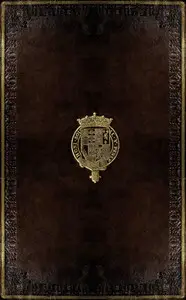
Itinerarium curiosum (centuria II) : $b or, an account of the antiquities, and remarkable curiosities in nature or art, observed in travels through Great Britain. To which is added, the Itinerary of Richard of Cirencester, monk of Westminster. With an account of that author and his work
By William Stukeley
Uncover the secrets of Roman Britain and more as an 18th-century traveler explores the curious past etched into the landscapes of Great Britain.
Summary
About the AuthorWilliam Stukeley was an English antiquarian, physician and Anglican clergyman. A significant influence on the later development of archaeology, he pioneered the scholarly investigation of the prehistoric monuments of Stonehenge and Avebury in Wiltshire. He published over twenty books on archaeology and other subjects during his lifetime. Born in Holbeach, Lincolnshire, as the son of a lawyer, Stukeley worked in his father's law business before attending Saint Benet's College, Cambridge. In 1709, he began studying medicine at St Thomas' Hospital, Southwark, before working as a general practitioner in Boston, Lincolnshire.
William Stukeley was an English antiquarian, physician and Anglican clergyman. A significant influence on the later development of archaeology, he pioneered the scholarly investigation of the prehistoric monuments of Stonehenge and Avebury in Wiltshire. He published over twenty books on archaeology and other subjects during his lifetime. Born in Holbeach, Lincolnshire, as the son of a lawyer, Stukeley worked in his father's law business before attending Saint Benet's College, Cambridge. In 1709, he began studying medicine at St Thomas' Hospital, Southwark, before working as a general practitioner in Boston, Lincolnshire.


